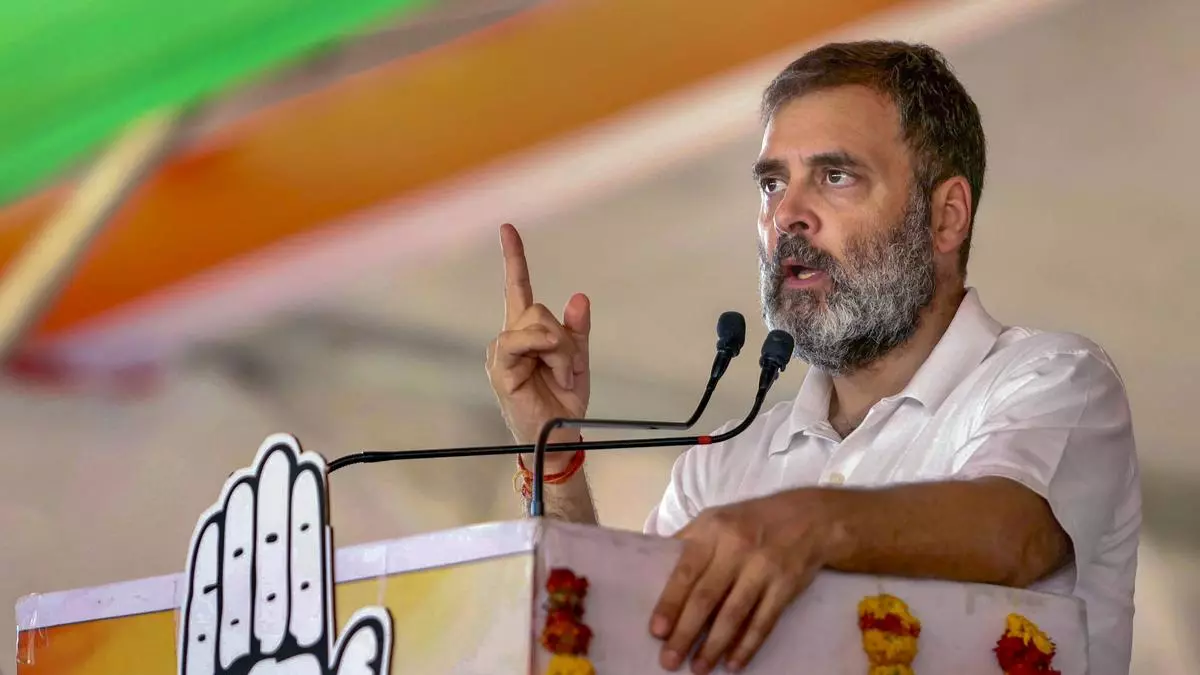The Indian National Congress party has made a significant promise in its election manifesto – it vows to amend the constitution and remove the existing 50% cap on reservations for SC, ST, and OBCs if it comes to power. This commitment aims to address the long-standing demand from historically marginalized communities for increased access to education and employment opportunities. Currently, the Supreme Court has set a 50% limit on reservation quotas, intended to ensure that a balance is maintained between various sections of society. However, this cap often hinders the upliftment of those who have been historically disadvantaged. By removing the cap, the Congress intends to level the playing field and provide a fair chance for all communities to progress.
The reservation system in India was introduced to rectify the historical discrimination faced by certain communities and promote social justice and inclusivity. The policy allows for reservations in educational institutions, government jobs, and legislative bodies. Currently, SCs, STs, and OBCs are eligible for a certain percentage of reserved seats and positions based on their population in a given area. However, the 50% cap on total reservations has often been criticized as an impediment to achieving true equality. It is argued that this limitation restricts opportunities for marginalized communities and perpetuates social and economic inequality.
The Congress party’s proposal to amend the constitution and abolish the 50% cap on reservations has been well-received by social activists and members of SC, ST, and OBC communities. They believe that this move will open up more avenues for education and employment, allowing historically disadvantaged groups to overcome centuries of discrimination. By providing greater opportunities, it is hoped that the reservation system will effectively address the structural inequalities that persist in Indian society.
However, this promise has also sparked a debate among critics who question the feasibility and potential consequences of such a constitutional amendment. Some argue that removing the cap could lead to a situation where a majority of seats and positions are reserved, leaving little room for the general category candidates. Critics also question the impact on other marginalized communities who may not fall within the SC, ST, and OBC categories but still face discrimination and disadvantages.
In addition, concerns have been raised about potential backlash from certain sections of society who oppose extending reservation benefits. It is feared that removing the cap on reservations may ignite tensions and create divisions among different communities. Thus, proponents of reservation reforms emphasize the need for a comprehensive and inclusive approach that takes into account the concerns of all sections of society and ensures equitable opportunities for all.
As the general elections approach, the Congress party’s promise to abolish the 50% cap on reservations for SC, ST, and OBCs has gained attention and raised expectations among marginalized communities. If the Congress comes to power and fulfills this commitment, it could have a transformative impact on social and economic equality in India. However, the feasibility and repercussions of such a constitutional amendment will need to be carefully examined and debated to ensure that the reservation system achieves its intended objectives without causing unintended consequences.











